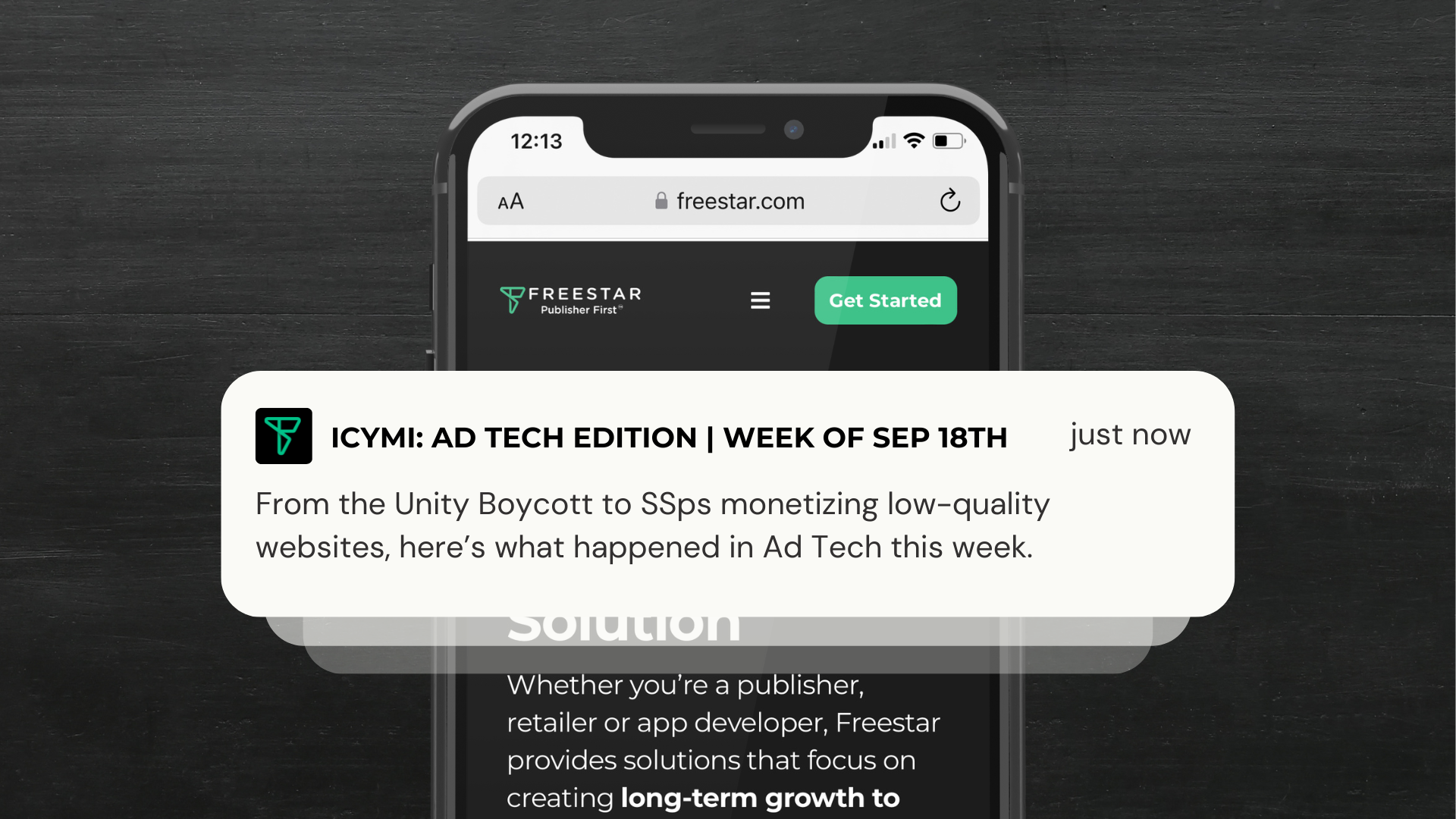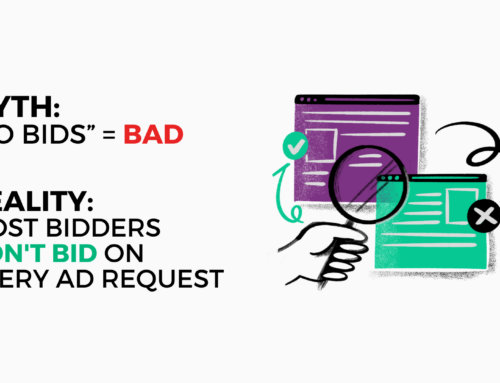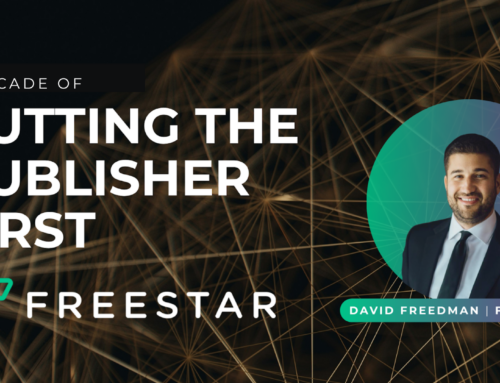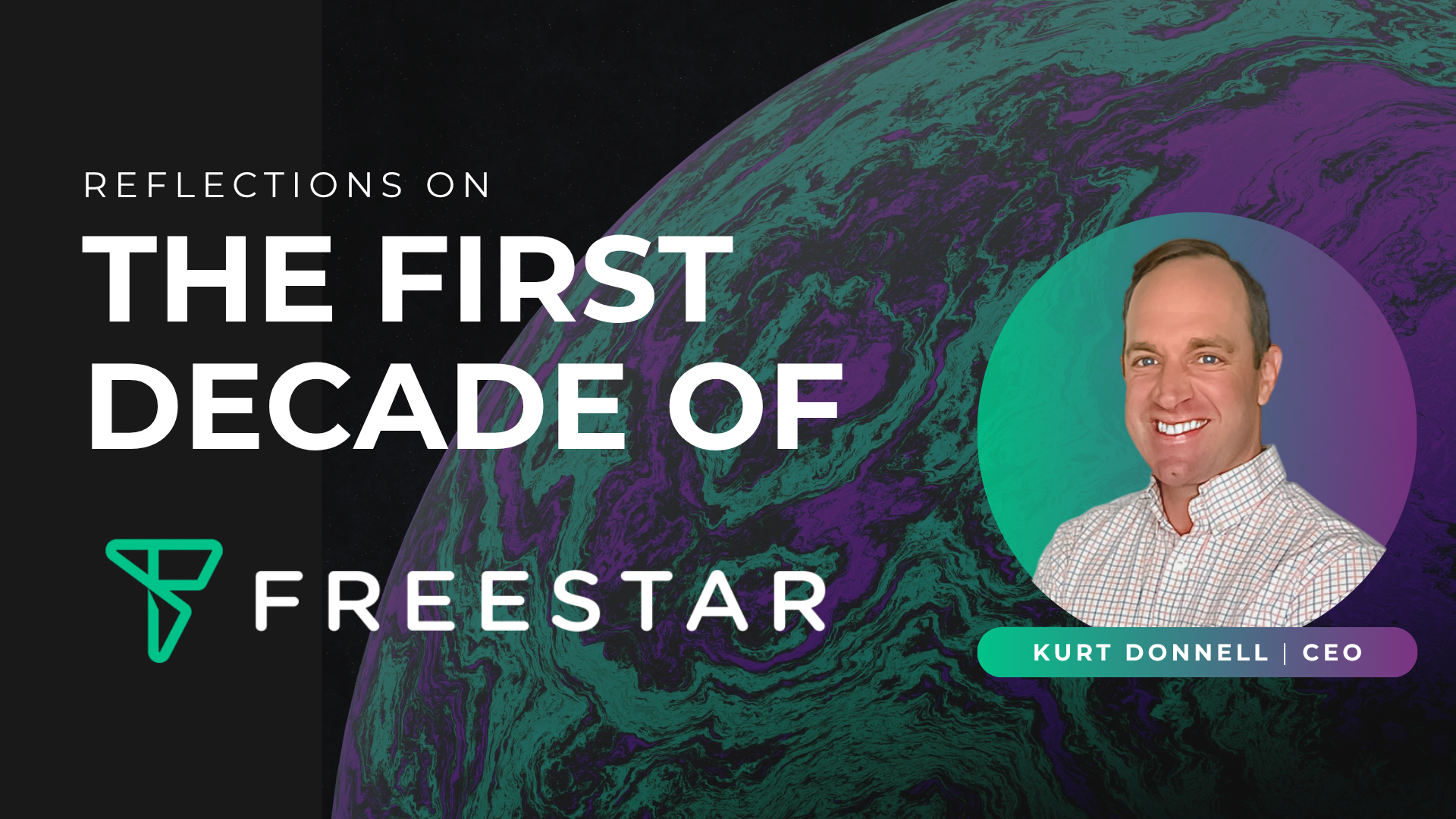Bits and Bobs from around the industry:
Unity Boycott Begins as Devs Switch Off Ads to Force a Runtime Fee Reversal
The mobile game developers’ boycott against Unity revolves around their opposition to the company’s plan to implement installation-dependent fees starting on January 1, 2024. They argue that this decision, made without consulting the industry, poses a significant threat to developers, including artists, designers, marketers, and producers. The group emphasizes the collaborative nature of their work and Unity’s pivotal role in the game development industry. They express frustration at being left out of the decision-making process and call on others who share their concerns to join the boycott. Unity’s Runtime Fee policy change has led to growing solidarity within the gaming industry, with more studios showing their support by disabling Unity and IronSource ads.
DoubleVerify to Protect Advertisers Against ‘Made for Advertising’ Content With Industry First Holistic Solution
DoubleVerify (DV), a digital media measurement and analytics platform, has expanded its brand safety and suitability solution to help advertisers monitor and avoid “Made For Advertising” (MFA) sites. DV’s MFA analysis process combines human and artificial intelligence-based auditing to provide a clear definition of MFA, allowing advertisers to identify and tackle MFA-related issues effectively. MFA sites are defined by DV as those primarily created to deliver advertisements and are characterized by high ad density, dependence on paid traffic sources, content duplication across various websites, and the use of generative AI for content production. By offering this solution, DV aims to empower global brands to identify and address MFA content in real time and enhance marketing outcomes. The initiative comes in response to concerns that AI tools are accelerating the creation of inappropriate online content, with MFA sites accounting for a significant portion of programmatic ad impressions and advertising spend.
Why Major SSPs Monetize the Majority of the Web’s Low-Quality Websites
A report by Jounce Media highlights that low-quality supply remains a significant challenge in the programmatic supply chain, with top supply-side platforms (SSPs) often selling as much inventory from premium publishers as sub-premium. Sub-premium inventory includes content from “Made For Advertising” (MFA) sites, non-viewable ad placements, and inventory with unnecessarily long supply chains. This issue persists despite industry efforts to combat it. The report emphasizes that agencies often prioritize cheap performance metrics, which incentivizes the monetization of low-quality content. While some SSPs have tried to remove low-quality supply, client demands for higher metrics can make this difficult. The report suggests that SSPs could divert low-quality inventory to private marketplaces rather than mixing it with premium inventory, making premium the norm. Some advertisers are already creating inclusion lists of preferred publishers to address this problem.






